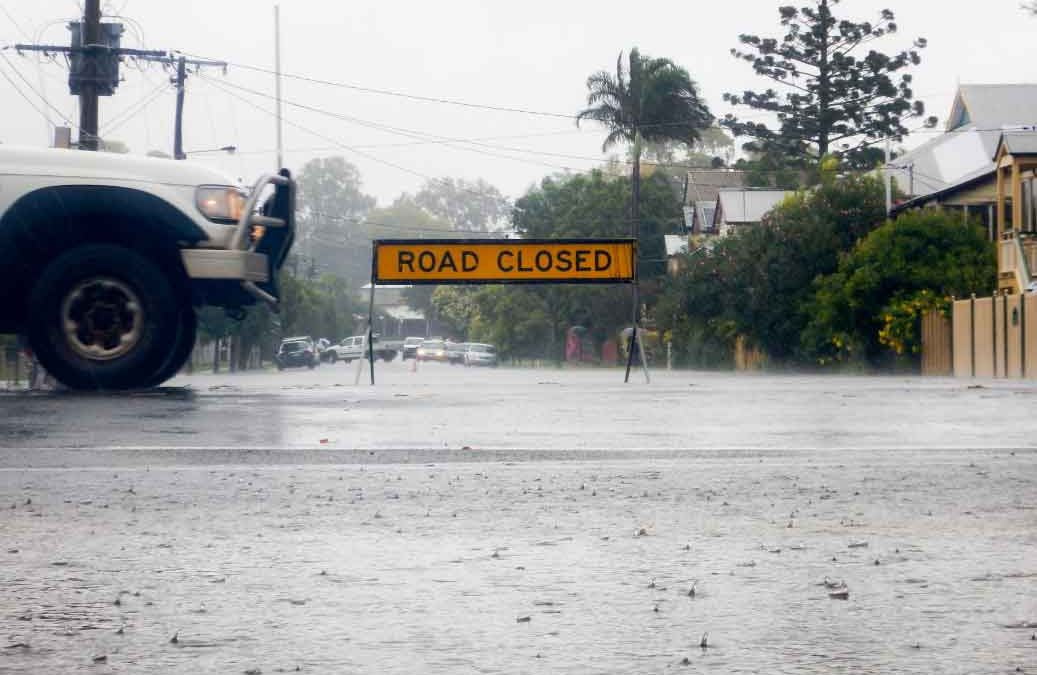Queensland – beautiful one day, violent storm the next. If you’re not ready for the storm season, it could spell disaster for you and your home. Property damages increase exponentially during this time when it’s commonplace for trees to fall over onto houses, for flooding to occur and to experience widespread power outages.
The ‘storm season’ in south-east Queensland typically runs throughout the summer months of December, January and February and sometimes into early March, when it’s common to experience a large number of severe storms in a relatively short space of time.
Don’t be caught out and don’t delay. Take the time to carry out some simple home maintenance today, and it could save you not only thousands of dollars but your life, tomorrow.
Here are some helpful tips for making your home storm season ready:
- Regularly check your roof to ensure it’s in good condition without any leaks or damaged areas and is clear from any fallen debris.
- Secure or put away any items outside that may be prone to be lifted in strong winds such as bicycles, outdoor furniture and kids play equipment.
- Park your car in a garage or if you don’t have a garage, identify somewhere close by you can park undercover if a storm hits.
- Clear out your gutters and downpipes to reduce your risk of flooding.
- Remove or prune any large tree branches that are near your house.
- Have an Arborist take a look at any large trees on your property to ensure they aren’t sick or dying and at risk of falling over. Damage caused by trees in storms is very common and can be easily avoided.
Here are some handy hints for making sure your family is prepared for any emergency:
- Register for severe weather alerts.
- Identify which room is the safest to shelter in during a storm.
- Have an emergency action plan in place that you can practice with your family.
- Make sure you know how to safely turn off your utilities in the event of an emergency such as electricity, water and gas.
- Have an emergency kit containing torches, portable radio, batteries, chargers, candles and matches, dried or tinned food, plenty of water, emergency contacts and details of family and friends, waterproof bags, blankets, changes of clothes and a fully stocked first aid kit. Be sure to keep your kit somewhere high and dry, safe from flood water.
- Make sure you have adequate, current home and contents insurance in place.
- Never use portable generators in an enclosed space – they produce carbon monoxide which can be fatal when inhaled.

